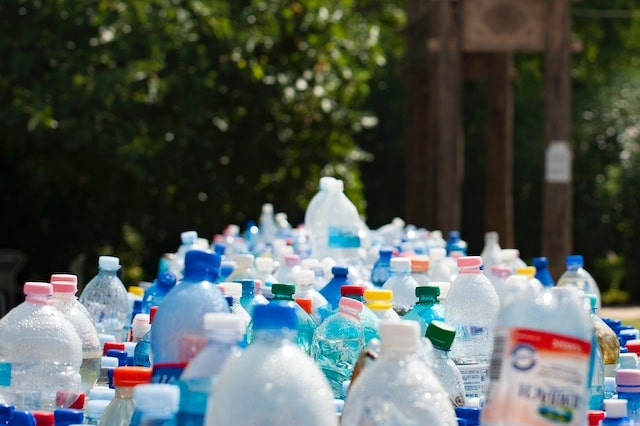Table of Contents
Types of plastics
1. Thermoplastic type
These types of plastics get softened with the application of pressure and heat but regain their original shape on cooling.
Eg: Nylon, Polystyrene, etc.
2. Thermosetting type
These types of plastics may become flexible but do not become third on heating. they retain their shape even up to the temperature of decomposition.
Eg: Urea-formaldehyde resin, Phenol formaldehyde resin.

Selection Criteria of Plastic:
- Polyethylene: It is also called “polythene”, having high density. It is flexible and very light but tough in nature. It is impermeable to water and its vapor but poorly permeable to oxygen and gases.
- Polyvinyl Chloride (PVC): It is less flexible and permeable to water vapor. It is having high clarity and is not effected by sunlight. Used to the making eye ointment tubes.
- Poly methyl methocrylate: It is a hard, strong but light, transparent plastic. It melts at 100 degrees Celcius for preparing bottles and tubes.
- Poly styrene: It is made of petroleum, it is hard, rigid light in weight, and crystal clear plastic for preparing of bottles, tubes, jars, syringes, etc.
- Polyamides (Nylon): It is a very tough plastic. it is made when diamine is combined with dibasic acid. It is heat resistant so autoclaved easily for preparing syringes, tubes, and surgical dressings.
- Polypropylene: It is similar to high-density polythene. It is light and heat resistant, It’s a melting point, of 170 degrees Celcius, So autoclaves are easy for preparing disposable syringes, tubes, squeeze bottles, and packaging film.
- Polycarbonate: It is transparent, having a strong impact, and is heat resistant for preparing surgical equipment.
Advantages of plastics
- They are unbreakable.
- Available in various sizes and shapes.
- They are available at a low price.
- These are light in weight, so easy to transport.
- They are resistant to various inorganic chemicals.
- They are having mechanical strength.
- They are poor heat conductors.
Disadvantages of Plastics
- They cannot strong against high temperatures.
- They may absorb chemicals from the product.
- They may interact with chemicals to cause softening (or) distortion.
- They are permeable to water vapor and atmospheric gases.
Also read: Pharmaceutical packaging material and types